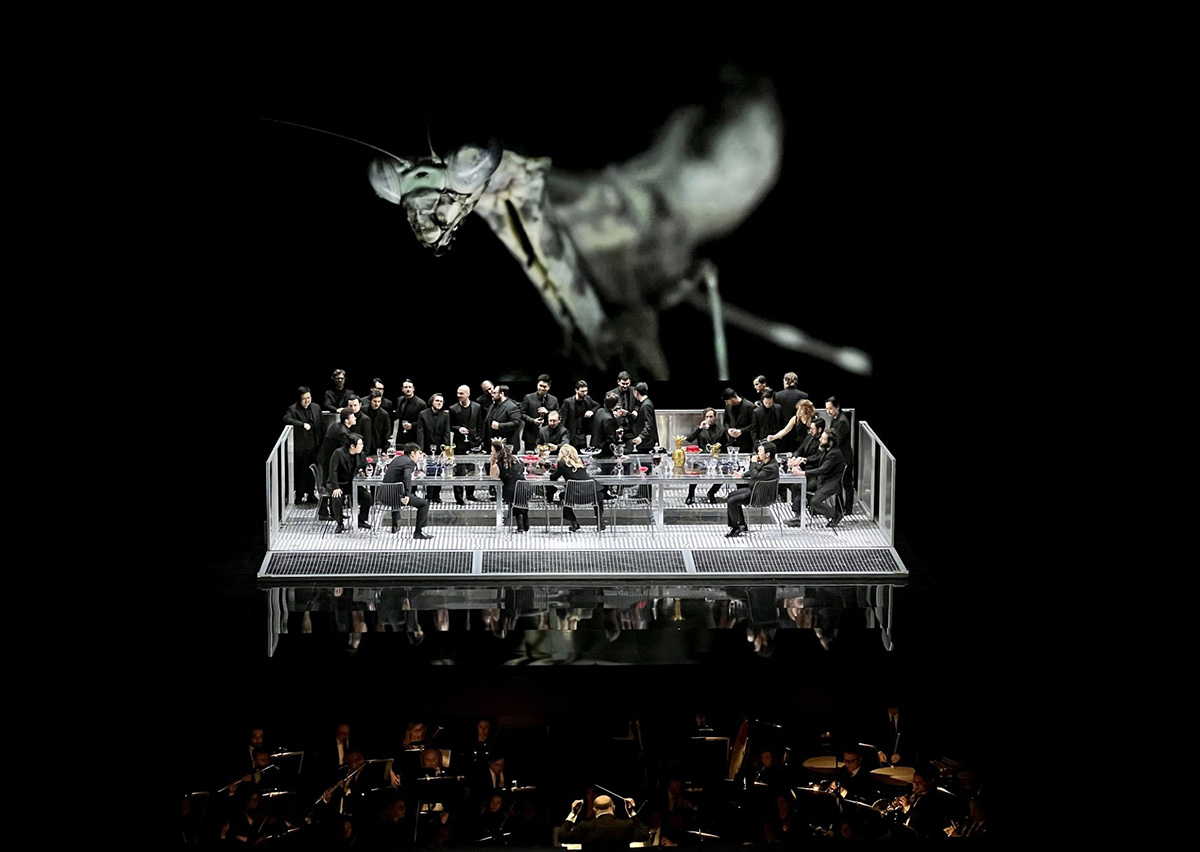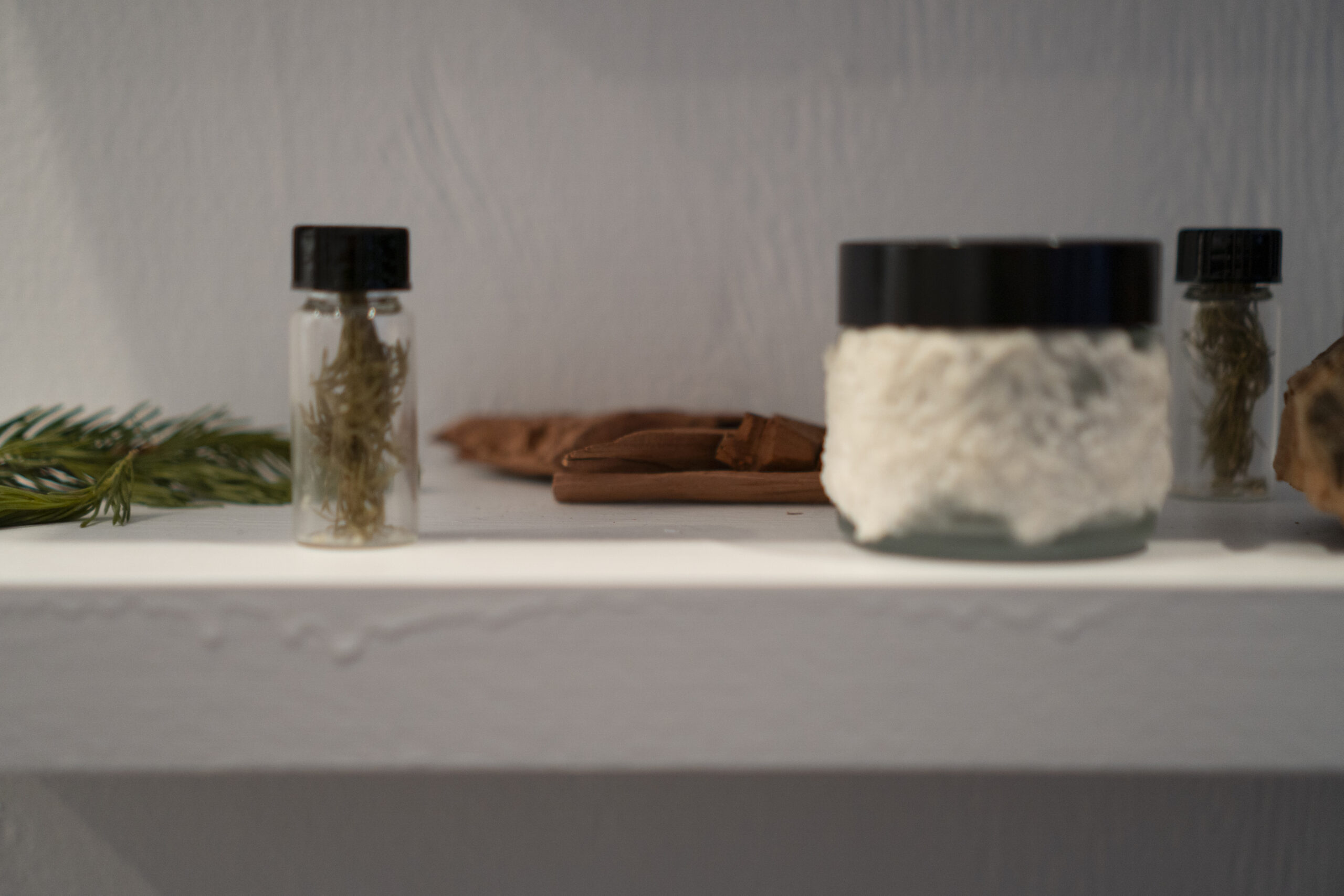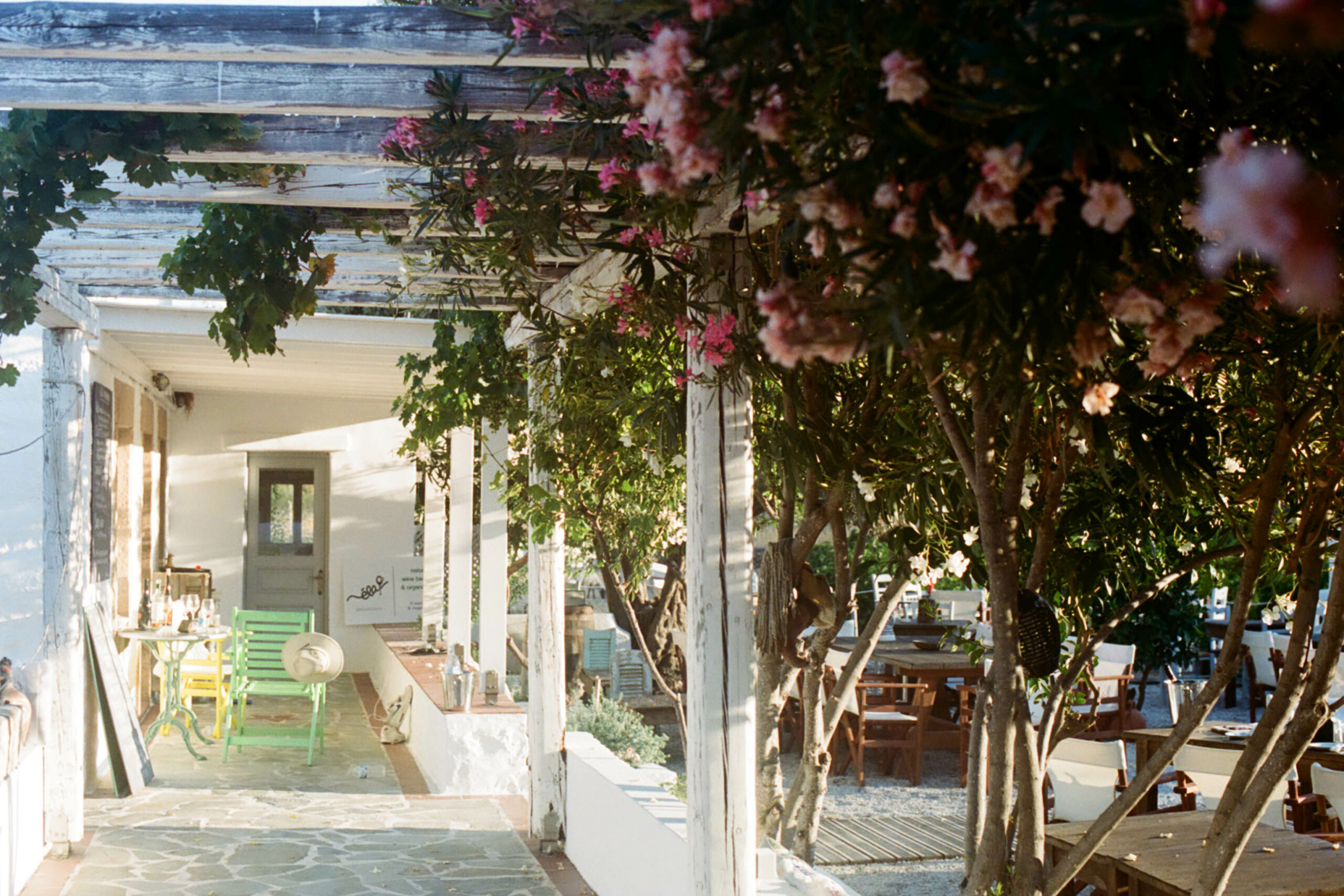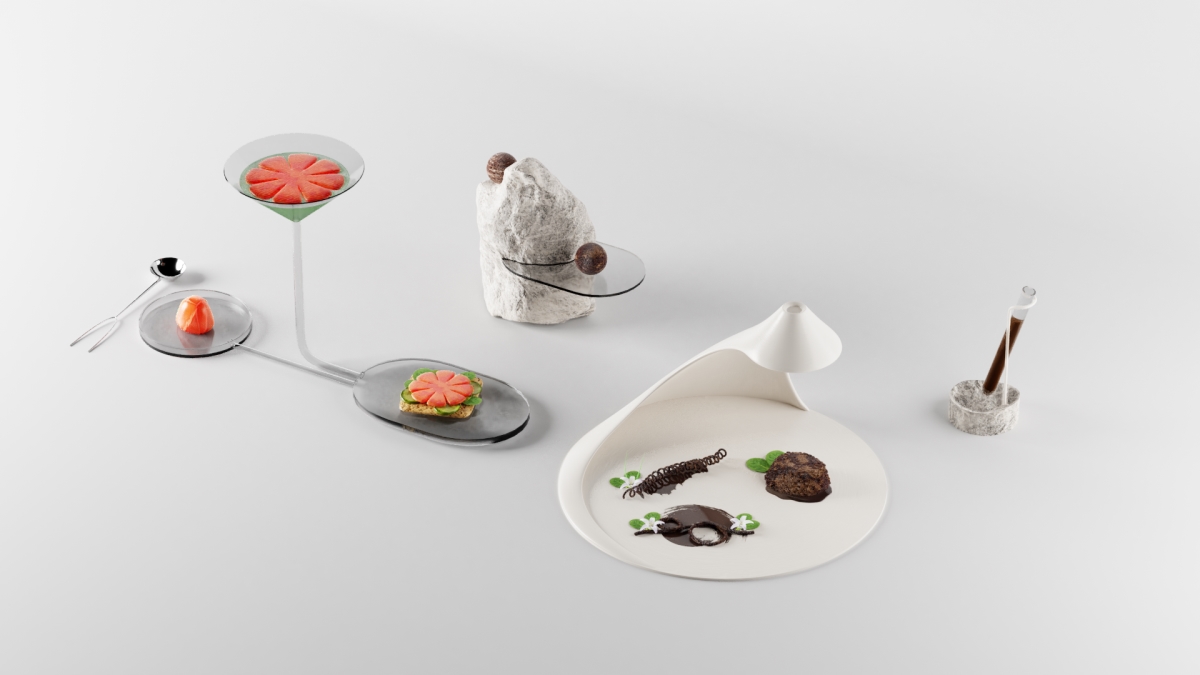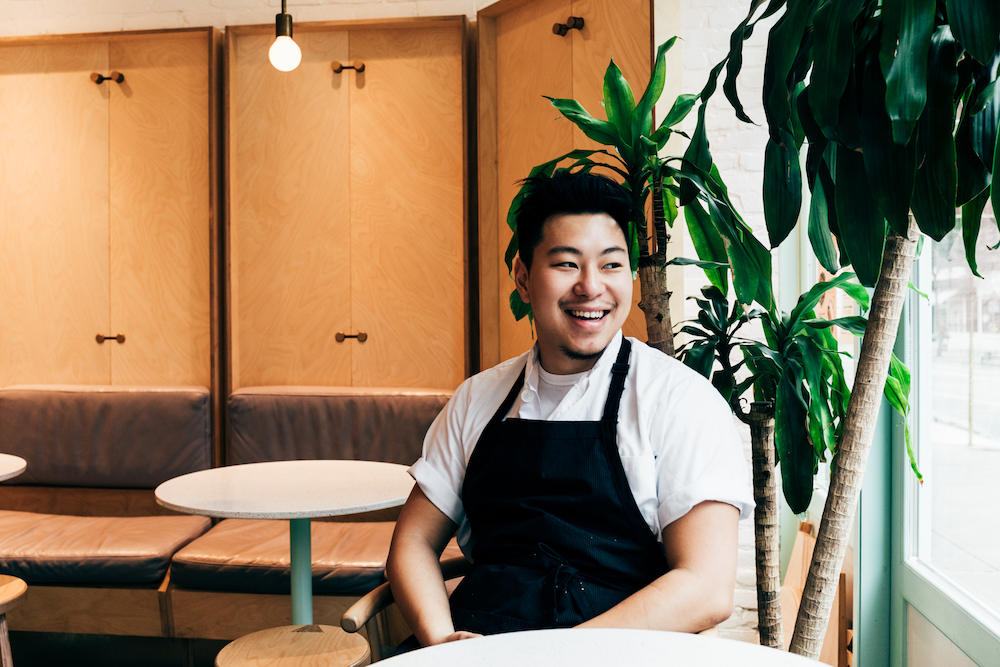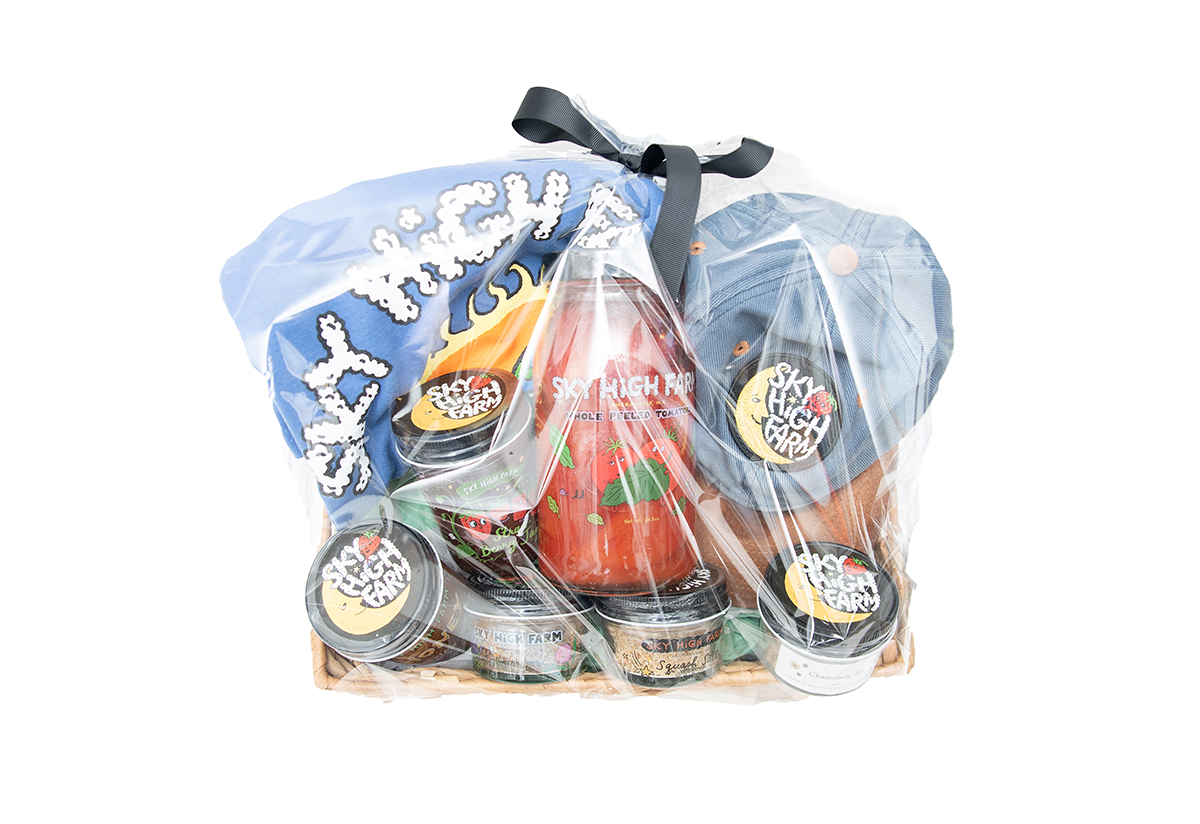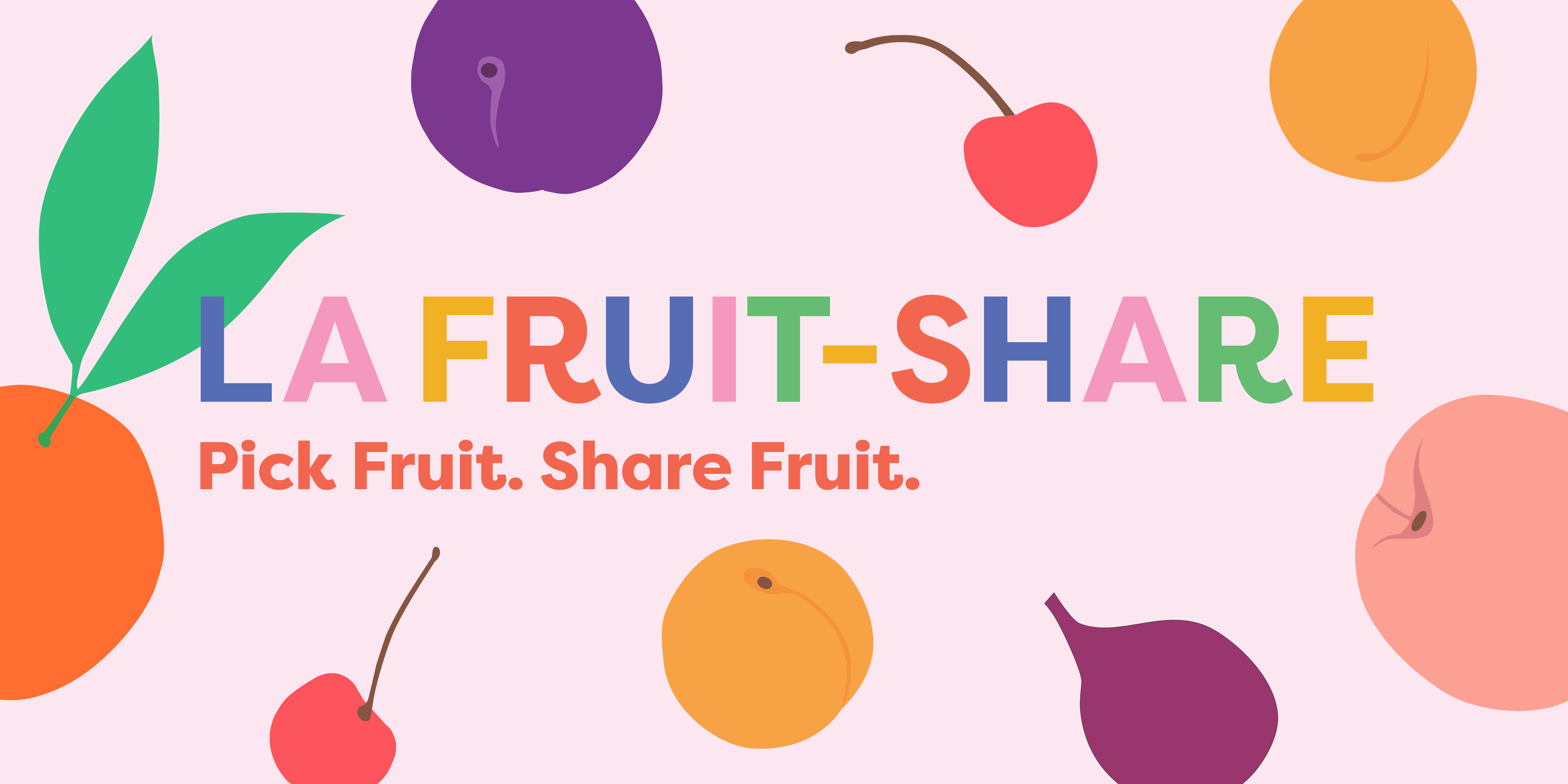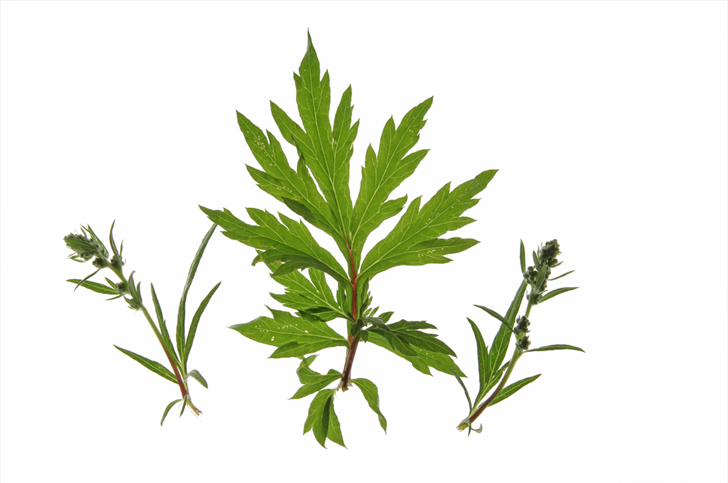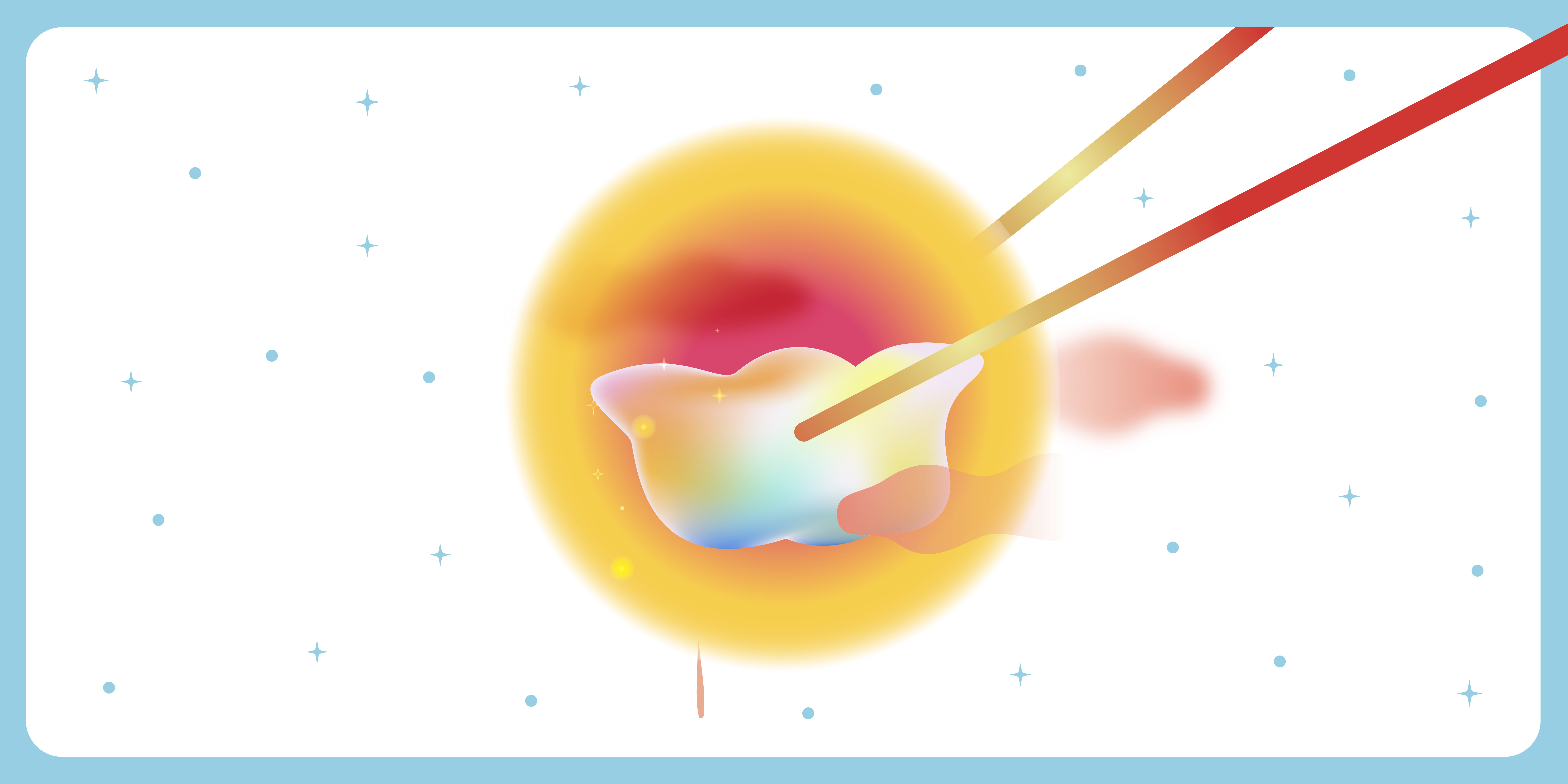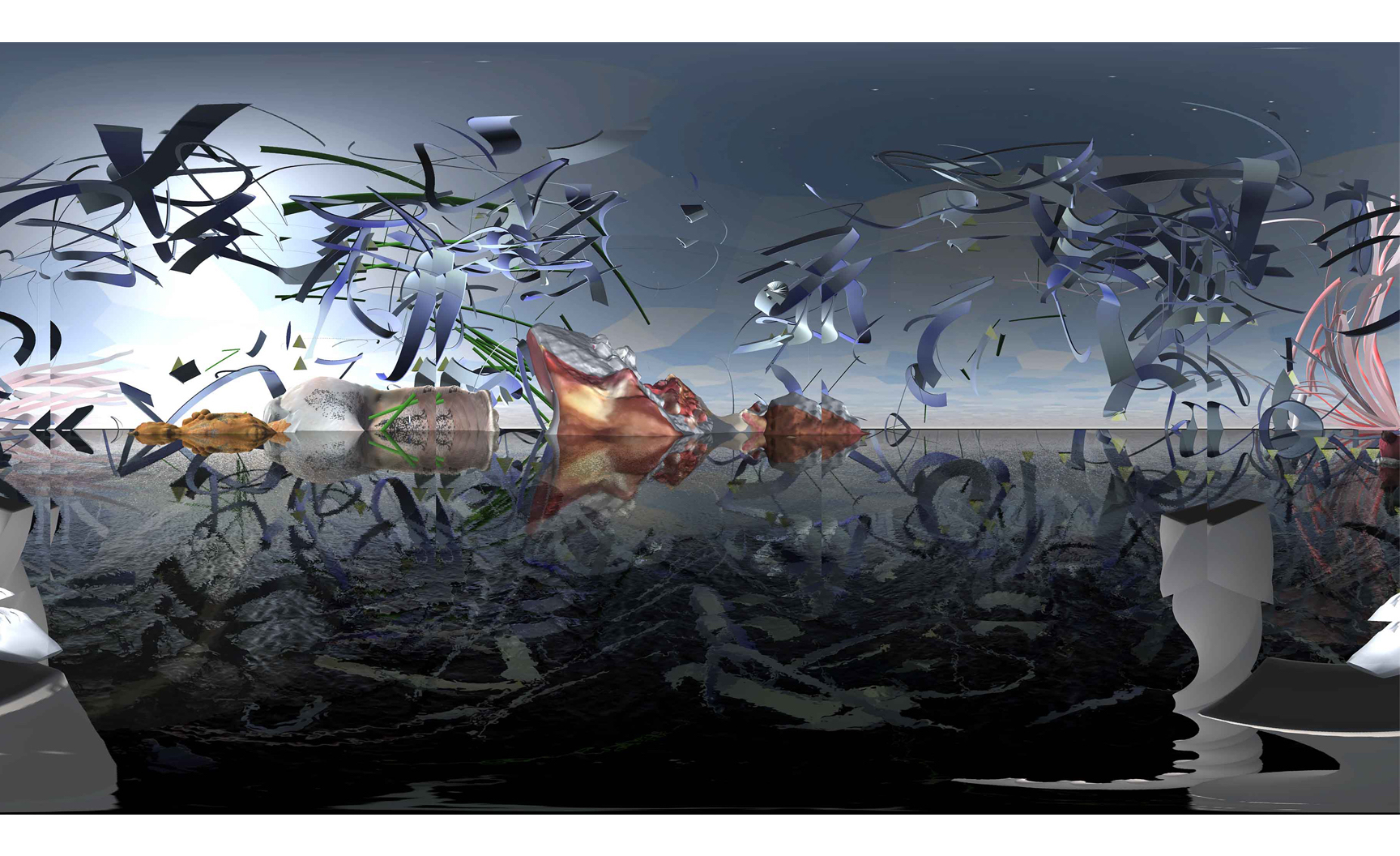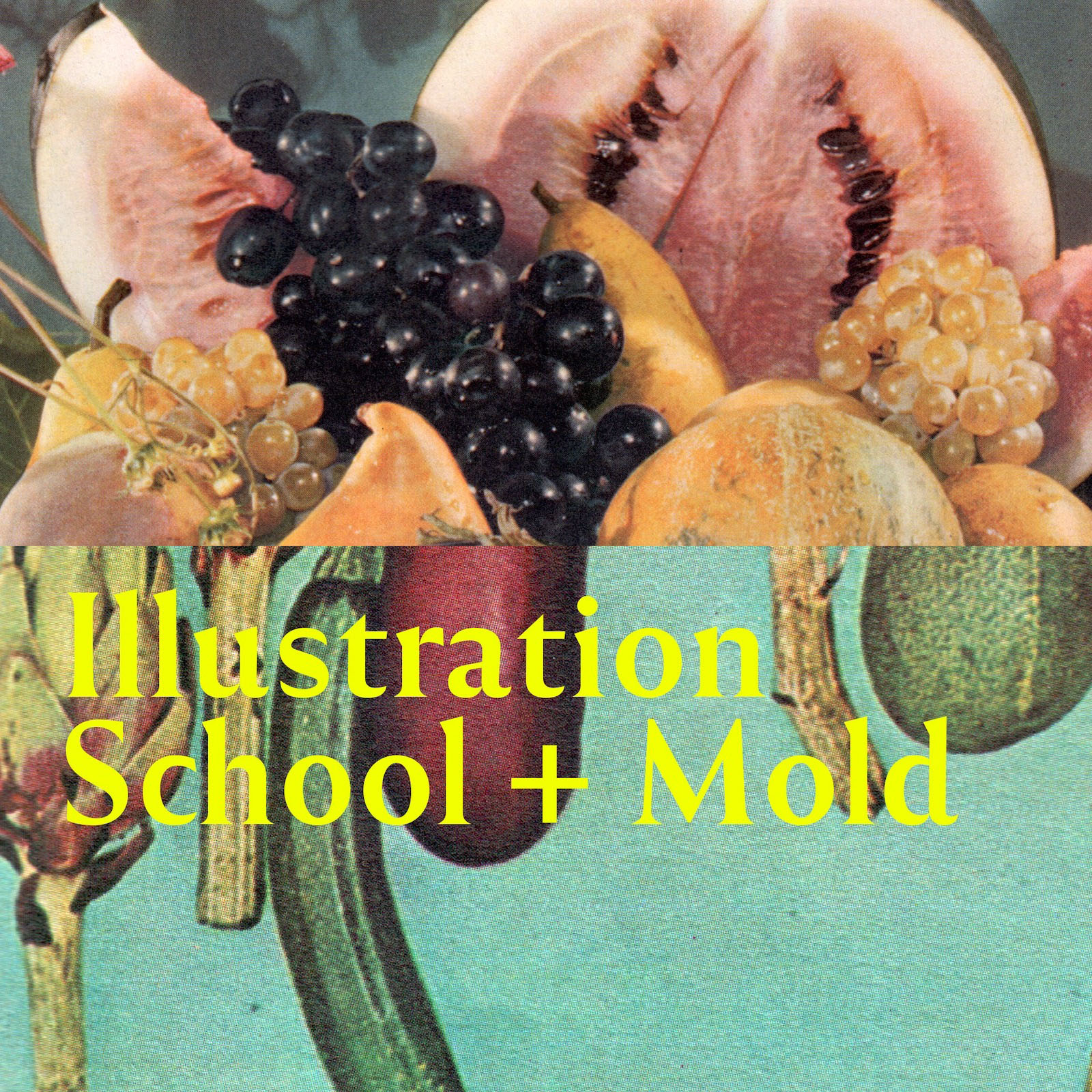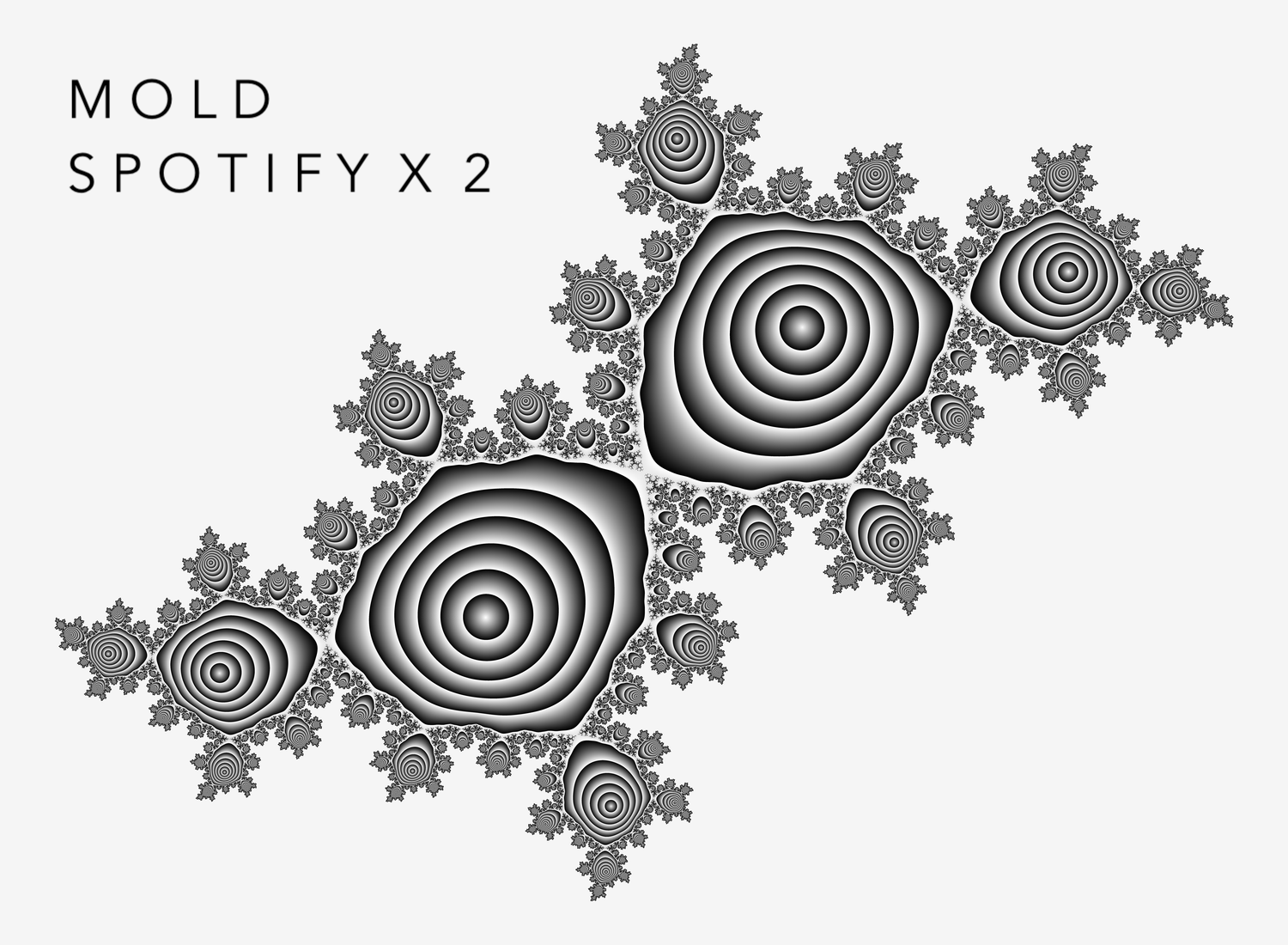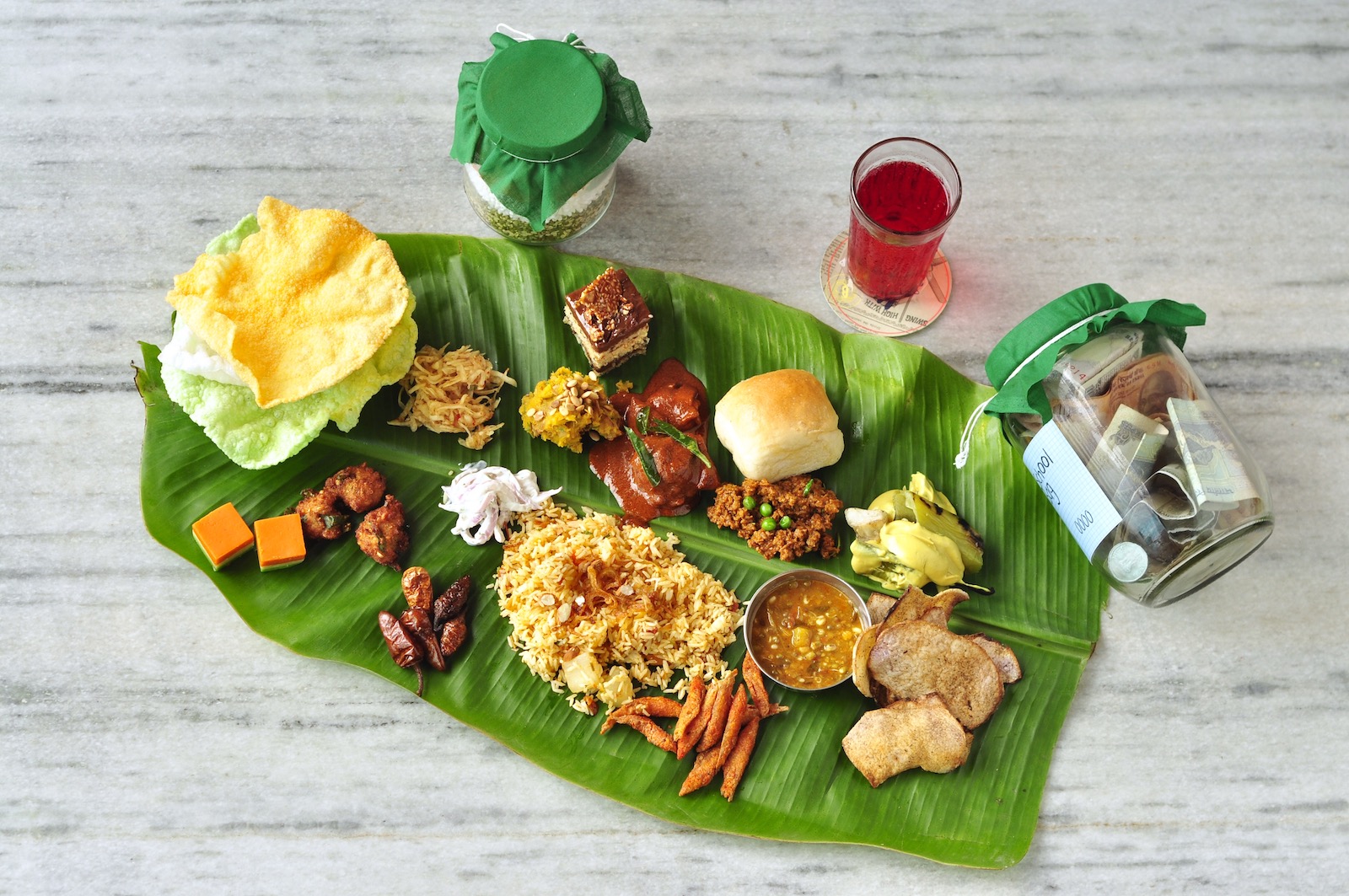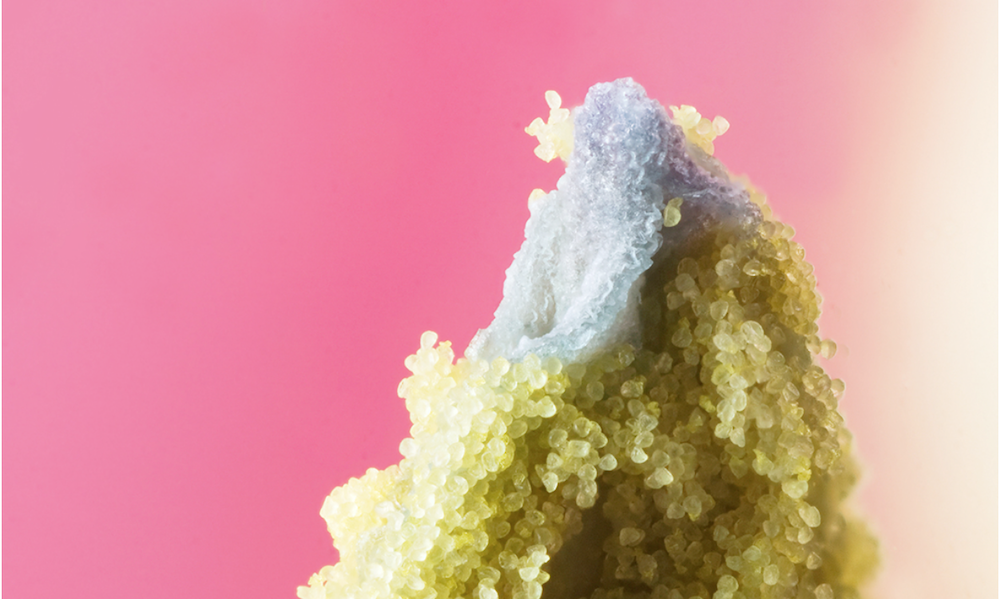Four years in the making, the United Kingdom’s exit from the European Union is unprecedented with unintended consequences in the food system with food shortages reported across the Isles, British-produced meat rotting in containers waiting to cross the channel, and reports that for the Scottish seafood industry, Brexit might be a “death knell”.
The Center for Genomic Gastronomy, the design research group, recently launched Brexit Banquet, an initiative that began in early 2019 to investigate how the UK’s relationship to the EU’s Geographic Indicator designation would change post-Brexit. Whether its for Parmigiano-Reggiano, feta or champagne, the GI recognition is a “quality scheme” bestowed by the EU as a way to, “distinguish quality products while also helping producers market their products better.”
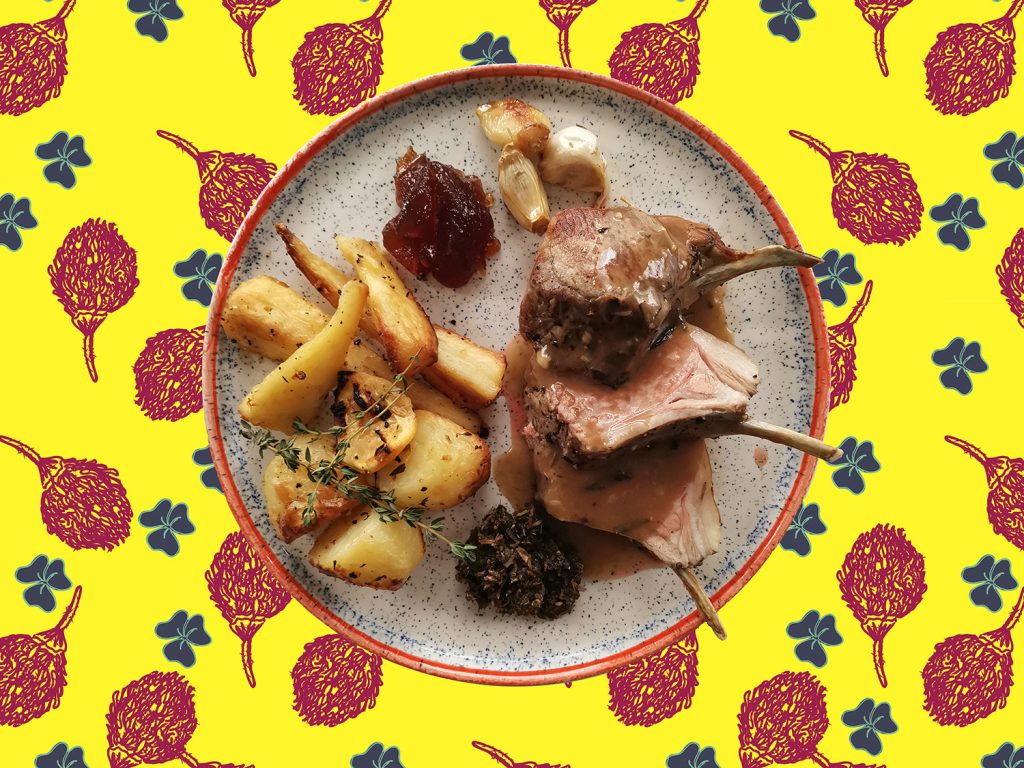
Over the course of the last two years, the Brexit Banquet team set out to iteratively create a set of recipes and transition scenarios for illustrating the disrupted British food system. The launch of the project corresponds with the first five recipes from what will be an ongoing collection of insights and prototypes.
According to CGG, “our first five recipes focused on livestock and fisheries because those ingredients dominated the discourse in 2020.” The recipes include a chickpea-battered “Fish in Chicks” inspired by experiments in breeding and growing lentils, chia seeds and chickpeas in Norfolk, “Lamb and 4 Clover,” in response to the speculation that Boris Johnson would buy almost the entirety of Wales’ slaughtered lambs in the event of a no-deal Brexit (over 90% of British lamb is exported to to Europe), and a “Chlorination Chicken” that alludes to the potential flood of cheap animal products like chlorine-washed chickens that dominate industrial processing practices in the United States.
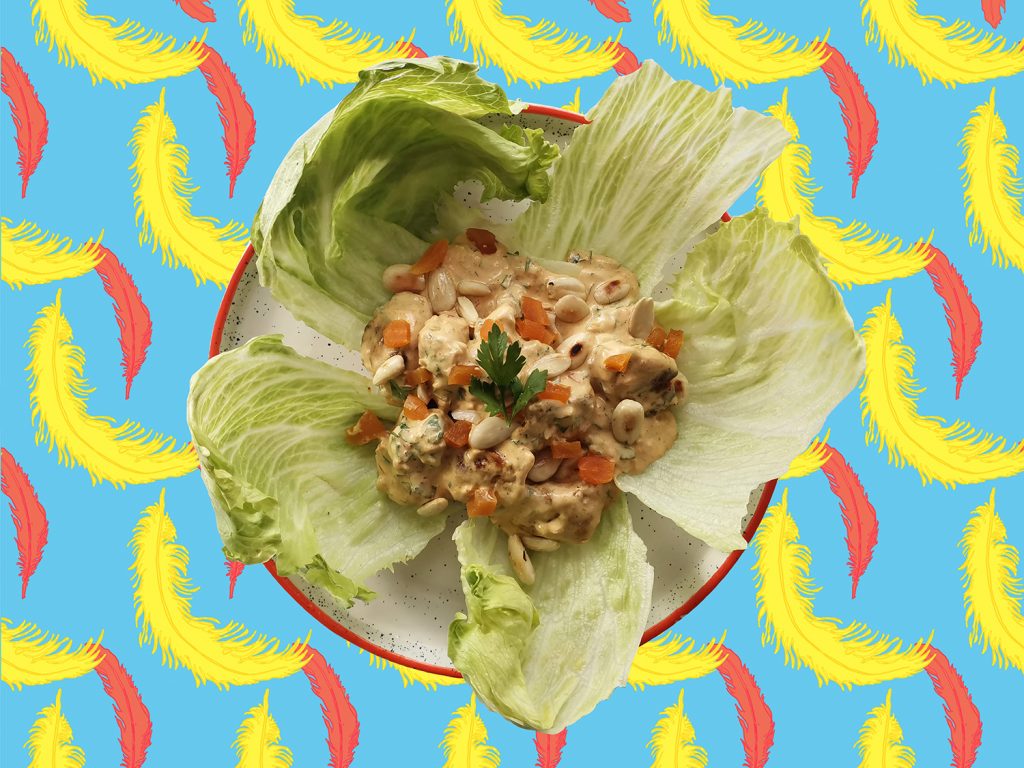
On Thursday, January 21st, the Center for Genomic Gastronomy will host its first “Eat-a-Long” event around the Brexit Banquet live on Zoom. Guests are invited to cook and eat one of the five recipes while participating in a one-hour conversation around “taste, place and a changing British food system.” The event is co-hosted by MU Eindhoven and part of the EVOLUTIONARIES exhibition. See full details here.
